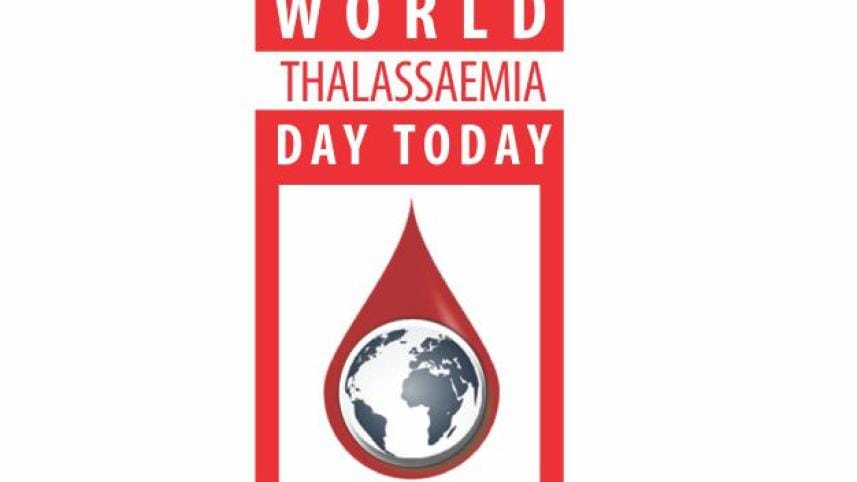Treatment still too expensive

It was perhaps one of the luckiest days for Osman Haider Chishty and Sanjida Luna, as they welcomed their baby girl on April 10, 2005. They named her Sirajum Munira Punni.
And, like all new parents, Chishty and Luna embraced the joy of parenthood with arms wide open.
By the time she was three years old, Punni's parents noticed that she was often down with fever or cold. Alarmed, they took her to a doctor.
That is when the physician revealed that Punni was suffering from Thalassemia, a disease with a haemoglobin disorder. This came as a shock for both parents.
In fact, when the couple had their blood tests done, they learned that they too were Thalassemia carriers. And with that, their days of struggle began.
Since 2008, Chishty, a businessman, and Luna, a housewife, have been collecting a bag of blood every month for their baby, along with the necessary medications. As days passed, she began needing two bags of blood per month.
The amount of blood required increased with her height and weight. And with the medical expenditure increasing by the day, Punni's treatment now cost Tk 30,000 a month, a large amount for many families.
"It is impossible for others to understand the pain and struggle we have been enduring for the last 10 years,” said Chishty.
However, such a case involving this life-altering disease is not unique in Bangladesh.
According to Bangladesh Thalassemia Samity, seven to 10 percent Bangladeshis are Thalassemia carriers. A common blood disorder caused by a genetic mutation that results in defective haemoglobin production, every year 10,000 babies are born with Thalassemia.
Due to a lack of awareness, there is no record of the specific number of the disease carriers in the country.
According to experts, Thalassemia is a lifelong and expensive disease. The life expectancy of patients is poor, and, to survive, they have to be given blood frequently.
Sheikh Daud Adnan, programme manager of Hospital Services of Directorate General of Health Services (DGHS), said, “Realising the magnitude of the problems with Thalassemia, Bangladesh government has taken various steps in creating awareness of the disease, with awareness programmes, carrier detection, and counselling for the carriers.”
He advised young couples test their blood before marriage to know if they are carriers and stressed on the importance of prevention as the only way to contain the disease.
Omar Golam Rabbany, president of Bangladesh Thalassaemia Samity Hospital, said treatment facilities were limited due to the high cost of medicines and limited availability of blood for transfusion.
“As treatment is expensive and lifelong, majority of the patients can hardly afford proper treatment and, thus, suffer from the complications of the disease. Those from lower economic backgrounds suffer the worst,” he told The Daily Star.
Rabbany also said blood donation is another problem as the number of volunteers was still low in Bangladesh. In case of negative blood groups, it sometimes became impossible for many of the patients to survive.
Chisty mentioned the need for government and non-government organisations to come forward with to raise awareness of this condition.




 For all latest news, follow The Daily Star's Google News channel.
For all latest news, follow The Daily Star's Google News channel.
Comments